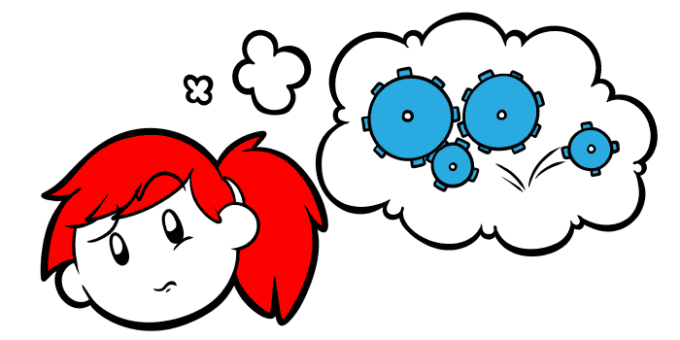Grant application success can be challenging to many people. Among the many applications that are submitted to funders, almost 75% of the reviewed application do not receive any funds. Yet, this percentage does not include applications that had budget exceeding guidelines, that never made it to review, those that were not eligible, or those that did not follow.
Unfortunately, the reality is that most grant applications are not successful. Therefore, you need to have a stellar proposal to have a good chance at securing government grants. Seek various resources to help you write an excellent proposal. However, you need to know what mistakes are common in most unsuccessful grants like those shared below.
5 Mistakes That Are Common in Unsuccessful Grants
1. Lack of expertise
Every researcher can justify their qualifications in their proposal. However, you need to demonstrate that expertise for the project or program you need funding to an outside audience. Thus, you need to demonstrate your expertise with the subject matter, through both adequate preliminary data and a productive publication record.
Notably, this does not mean that you have to be an expert in everything. If your expertise is scant, the collaborators are vital in the modern grant proposal and they can be valuable. Therefore, ensure that you choose them wisely. Include those that are experts in areas that are applied directly to your proposal.
2. Out of Focus
Whether it is a new or exciting project, it can be a challenge to reign in all the areas of your research. A common mistake with grant applications is trying to force all the ideas they have in a disjointed proposal. Hence, when your ideas are not well connected, you will not have a strong proposal for the win as it will be in many directions.
So, it is best to keep the focus on a set of related and well-defined aims. Where it is a challenge for you to narrow down the focus, it is better to break down the work into more than one grant proposal. It is wise to have two focused grant proposals than having one that has disjointed ideas.
3. Lack of cohesion
All parts of your proposal must align with each other. Check if the summary summarizes adequately what you have outlined in the proposal. Are the objectives at par with the hypothesis that you are testing? Ensure that every component of your grant application is consistent. When your grant proposal is not cohesive it gives an impression that you cobbled it together without thinking it through. Plus, it will be challenging for the reviewer to understand what you are proposing and what you aim to accomplish.
As a result, this gives your reviewers a reason not to fund it. Before submitting the final copy of your application, read it through to ensure that each component blends well in the proposal. So, make your proposal clear and straightforward.
4. Inappropriate technical detail

Sometimes you can get caught up in describing the technical details of your proposal experiments. However, inappropriate detail is a common mistake in most grant applications. And these unnecessary instructions will only take up valuable space that you could use for a more thorough rationale, a more appropriate outline of your expertise, or better-defined innovation. It is sufficient to provide overall details of well-established techniques, other than having to outline each step of how the technique will be performed. Nonetheless, if your proposal includes untested and new approaches, ensure that you give enough detail explaining how the approaches are technically feasible.
5. Insignificance

It may be that your research is not insignificant, but the problem is that you did not adequately relate the significance of the work in your writing. Therefore, clearly and directly articulate how significant your project is connecting it to a specific research project to a broader field.
What is the impact of your work? What the results will mean for the future? What problem does it pinpoint? Make sure that you state the importance of the successful completion of your project, even when it seems obvious to you. Also, research what they do not understand about the impact of your project and use it as an ideal explanation of its significance.







